In early 1954, the General Political Department's Art Troupe sent musician Do Nhuan and musicians Tran Ngoc Xuong and Nguyen Tieu in a shock group to participate in the Tran Dinh campaign.
Although he only gave his code name, Do Nhuan secretly thought “a big, very big campaign” and was very eager to set off. “It could be a major strategic turning point!” He had a hunch and felt very excited in his soul.
A few days before, after a day off in Cau Den hamlet, Do Nhuan returned from Dai Tu - Thai Nguyen to take up the mission of going on a campaign. Initially, he and poet Tran Dan were assigned to Company 267, under the 308th Division of the Pioneer Army. Before leaving, the unit's command gave them a piece of homemade sausage and half a kilo of meat to take along as food along the way.
The soldiers marched on foot from Deo Khe Pass to Tuyen. The cold of Thai Nguyen returned to Yen The/ The wind blew through the forest of Deo Khe Pass. They carried rice on their shoulders, two grenades dangling from their belts, and also a violin, two flutes, and a lacquer tube to attach the face of the instrument, in case the humid weather caused the face of the instrument to pop off. They also carried a homemade lamp made from a toothpaste box, stuffed with cotton soaked in kerosene, because the bulb was fragile, so they had to hold it by hand...
 |
Musician Do Nhuan |
Passing Binh Ca ferry, arriving at the Red River wharf. The vast Red River carries sand to the foot of the village/ The river has many wharfs, who is returning, can you see the green breeze/ The vast rice fields along the dike. Night falls, the enemy's old lady planes buzz overhead. But they have eyes but are blind, unable to detect our soldiers marching. The flares they drop are also obscured by the fog, so they can no longer see anything.
Arriving at Thuong Bang La in Yen Bai province, it was night. The troops camped and rested, listening to the cadres announce the meaning and purpose of the march to Tran Dinh. Our soldiers whispered to each other and Do Nhuan heard: "Where is Tran Dinh?" One soldier whispered: "Maybe our army is just making a diversionary march to Nghia Lo, then turning back to attack the plains, guys?" Hearing our soldiers whispering to each other, an cadre who seemed to be the company's political commissar loudly spoke to the troops:
- As revolutionary soldiers, there is no enemy in our life, so we just keep going!
The commander's words were like a bolt of lightning that went straight into Do Nhuan's heart, and then echoed in his ears throughout the long journey: "In our lives, there is no enemy, so we just keep going." A song for soldiers, for Tran Dinh, suddenly resounded along his march:
Long march despite many hardships
Carrying heavy loads, I sweated.
My eyes are bright with hatred to protect my homeland.
move forward
There is no enemy in our life, so we just keep going.
Because the melodies of folk music have been deeply ingrained in him, and Do Nhuan is always aware that when writing songs, they must always have a national sound, so the melody of the song he is composing follows the national sol melody (sol, la, do, re, mi), with a single section, consisting of four square sentences, each sentence has four beats, he thinks the soldiers will be very easy to remember and sing. When the song is completed, the musician immediately instructs the mortar company brothers:
- Guys, I have a new song. Please share it with everyone to help them march with more spirit. Let's sing as we march.
Our soldiers were very excited, clapping their hands and singing along with the musician's instructions. In no time, they were absorbed and memorized. Then, while marching, they sang loudly on high slopes and deep passes:
Long march despite many hardships
Carrying heavy loads, I sweated.
My eyes are bright with hatred to protect my homeland.
move forward
There is no enemy in our life, so we just keep going.
The singing was like fire, spreading through the ranks, in no time the whole battalion, the whole regiment was singing together on the marching road to Tran Dinh, the atmosphere was extremely enthusiastic...
After many days and nights of marching, stretching blankets to make huts, using leaves from the forest as mats, when reaching the turnoff to Son La, Do Nhuan was deeply moved by the old road and path. The road ten years ago, because of participating in the revolution, he was sentenced to three years in prison. Along with many other famous revolutionary soldiers, from Hoa Lo prison, he was exiled to Son La prison. Hands chained on the road, the footsteps that day were silent and silent, but so heroic, signaling a tomorrow...
That night, the sky was bright, when passing through Son La prison, Do Nhuan pushed aside the reeds to go past the embassy house that had been demolished by us, looking for the ruined prison stilt house. He sat silently, remembering the many memories of this place. The sweater he had given and comrade Hoang Van Thu had worn on the day of execution.
The peach tree To Hieu and the song Guerrilla song he composed here under the Son La moon that day. And today, he returned to Son La on the way to the Tran Dinh campaign, when he was a soldier of the National Defense Army, a "Uncle Ho's soldier". There, the people are waiting for us with red eyes. Right on the steps of Son La prison, on the very cement platform of Camp D that once held you, the prisoner of that day today again raised his voice to sing a new revolutionary song, with strong emotions and full of revolutionary spirit, adding a third verse to the song Marching away:
Those invaders caused a lot of suffering.
There are people waiting for us with red eyes
O hateful class, wait for orders!
let's fight
There is no enemy in our life, so we just keep going...
Trieu Phong
Source: Literature and Arts No. 17+18/2024
Source








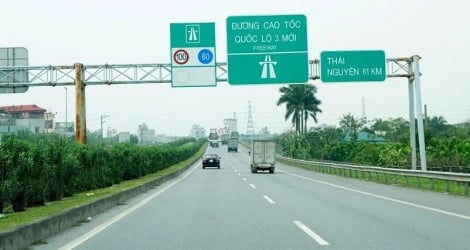

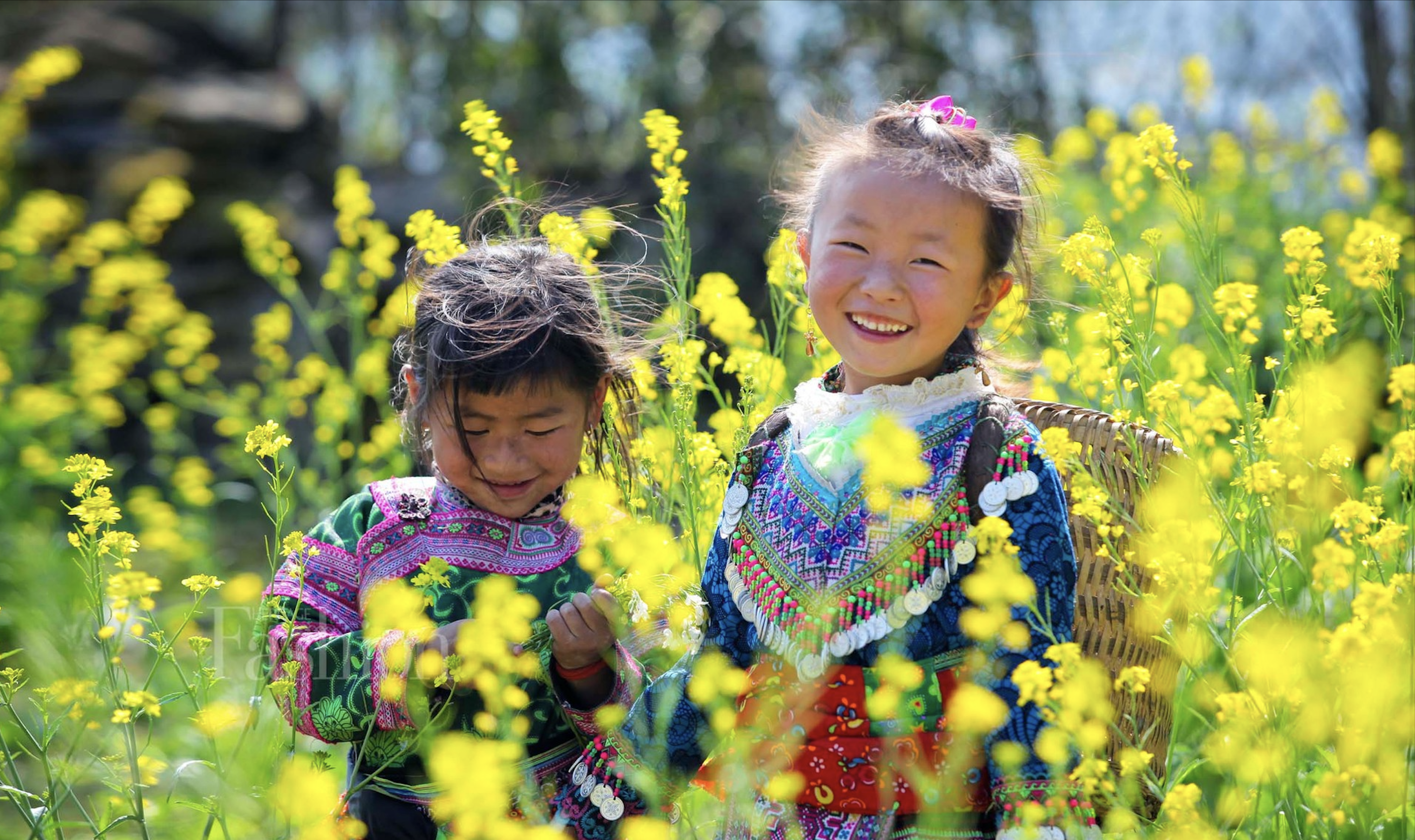

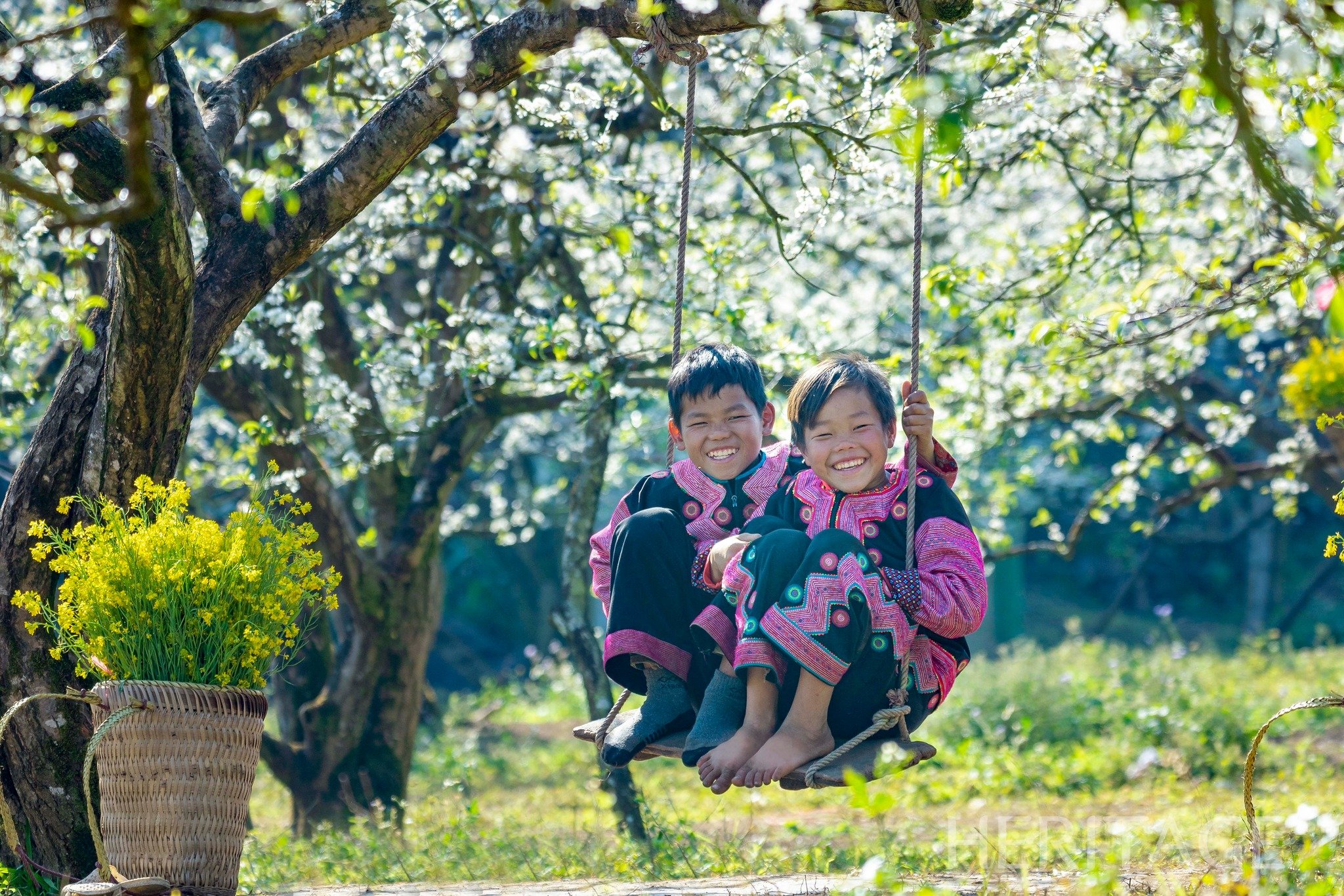


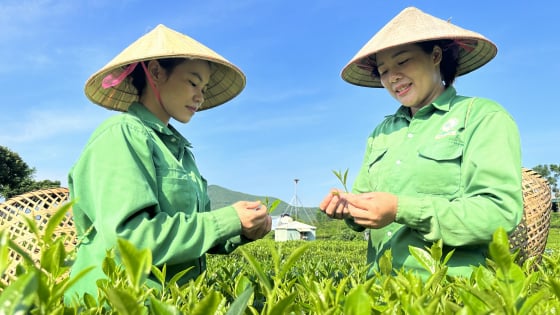

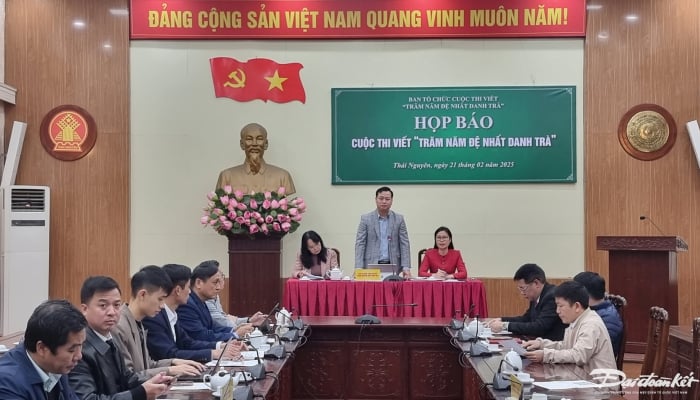







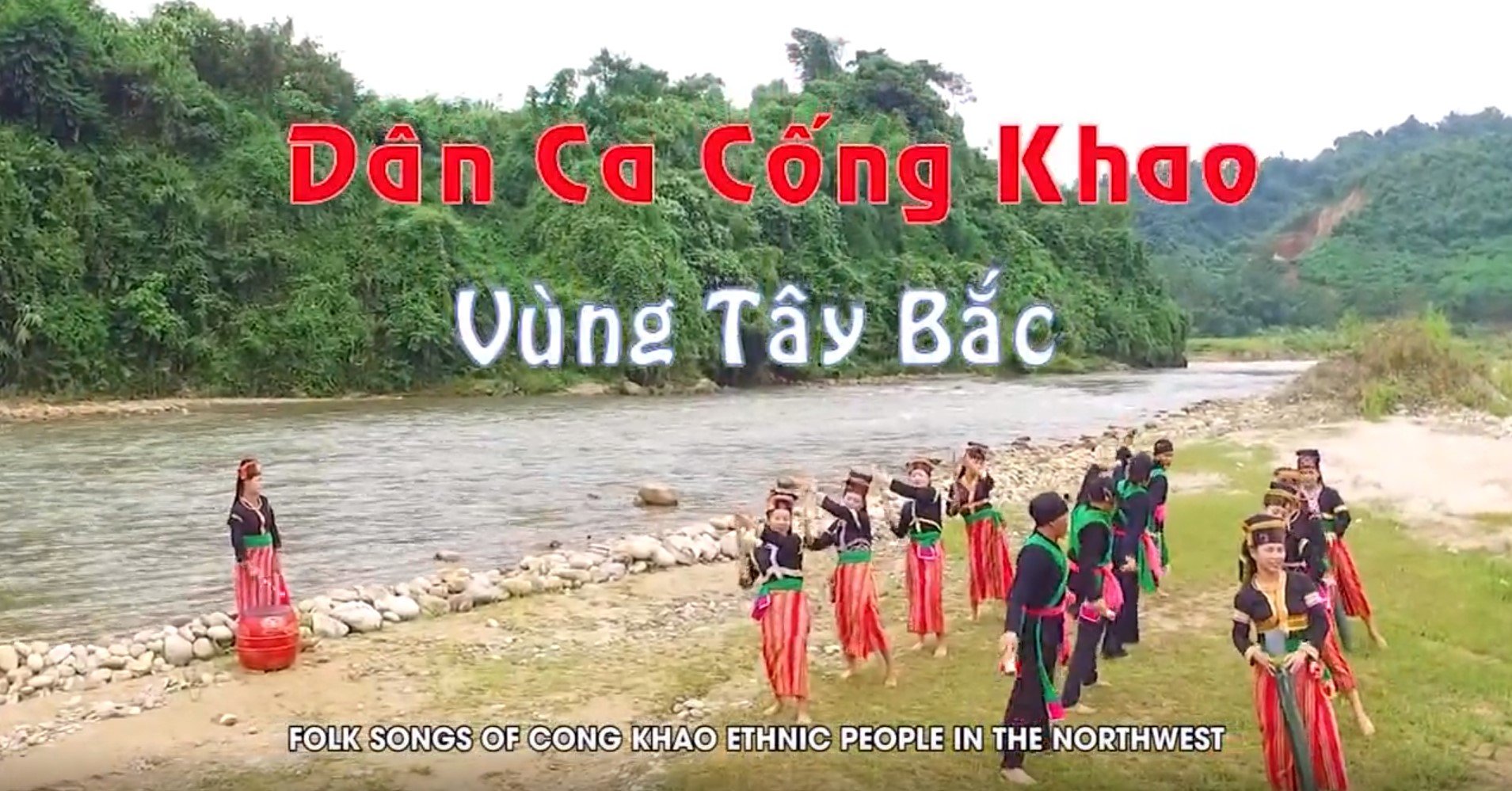
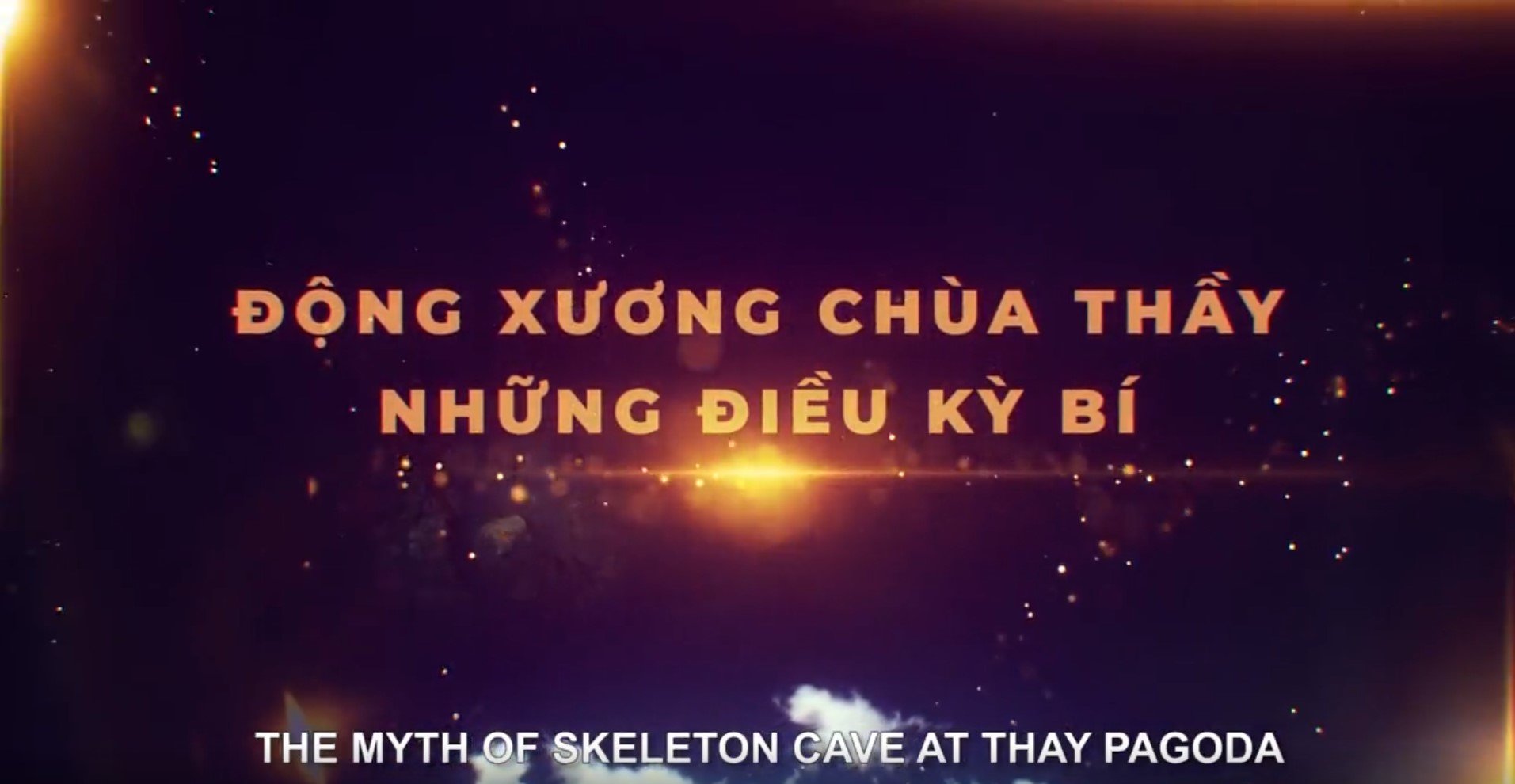




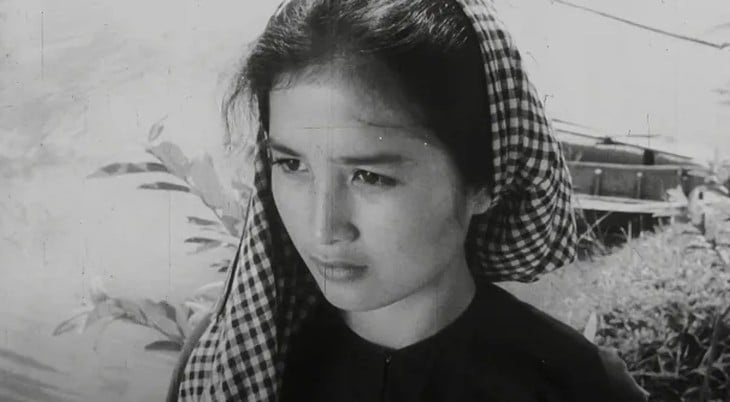

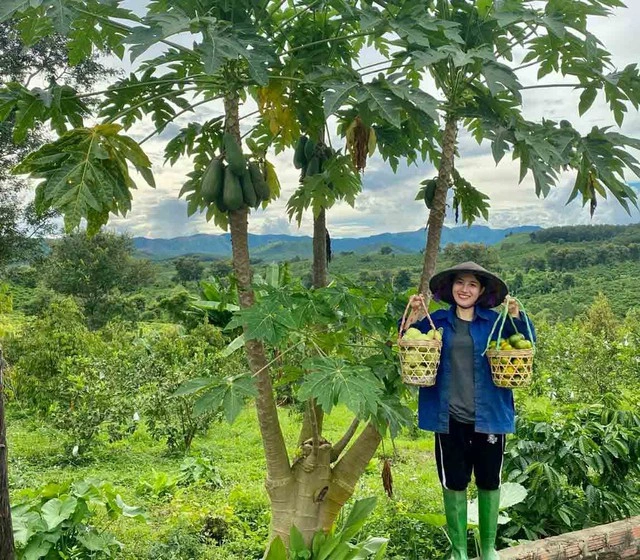



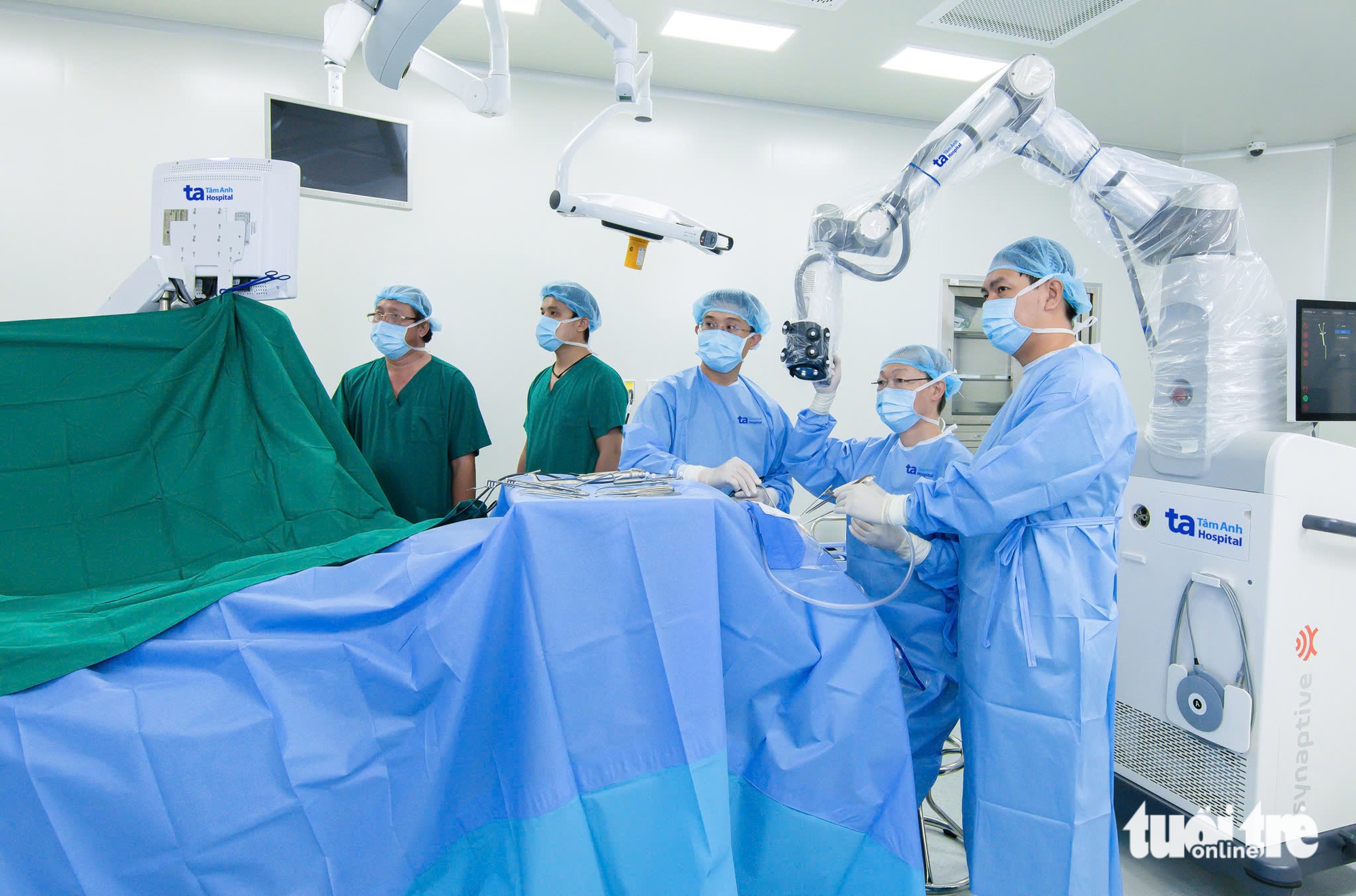

Comment (0)